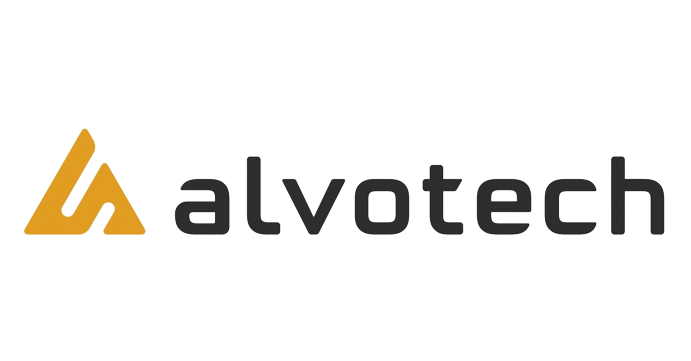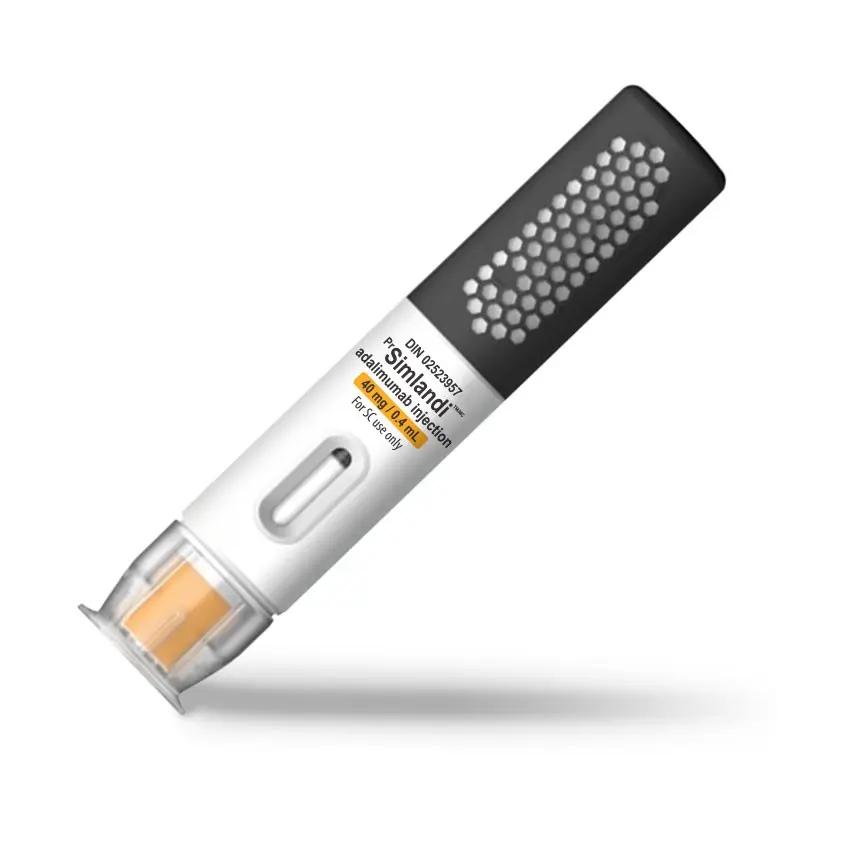- Bone Health
- Immunology
- Hematology
- Respiratory
- Dermatology
- Diabetes
- Gastroenterology
- Neurology
- Oncology
- Ophthalmology
- Rare Disease
- Rheumatology
Alvotech Earnings Jump Nearly 600% Year Over Year
Alvotech’s revenues for the first 6 months of 2023 reached $22.7 million, a nearly 600% year-over-year increase.
Alvotech's logo

In its most recent earnings report for the first half of 2023, Alvotech revealed that its revenues have jumped nearly 600% year over year (YoY), rising from $3.9 million to $22.7 million during the first 6 months of 2022 and 2023, respectively.
The company attributed its increased revenues to improved sales of AVT02, a high-concentration adalimumab product, in select European markets and Canada.
As of June 30, 2023, Alvotech has cash and cash equivalents of $60.5 million, excluding $25.2 million of restricted cash. Down by $36.6 million were license and other revenue that were related to the completion of the AVT04 (ustekinumab biosimilar) main clinical program. Research and development expenses reached $99.6 million during the first 6 months of 2023, an increase from $86.9 million for the same period the year prior.
Alvotech is an Iceland-based pure-play biosimilar company that partners with other corporations, such as Advanz Pharma and Teva Pharmaceuticals. Per these agreements, Alvotech is responsible for development and manufacturing and their partner is responsible for marketing and commercialization of the products. Overall, Alvotech has 11 biosimilar products in its portfolio.
The company’s partnership with Advanz concerns several biosimilars, including golimumab, vedolizumab, omalizumab, candidates, and 3 undisclosed products. Alvotech’s agreement with Teva concerns the commercialization of AVT02 and AVT04. Alvotech is also working on aflibercept, denosumab, omalizumab, and pembrolizumab candidates.
AVT02 has been approved as a biosimilar in the 27 member states of the European Union, Norway, Lichtenstein, Iceland, the United Kingdom, Switzerland, Canada, Australia, Egypt, and Saudi Arabia. Applications for approval are also under review in multiple countries, including the United States.
In June 2023, Alvotech received a complete respfirsonse letter from the FDA citing issues with the agency’s reinspection of Alvotech’s manufacturing facility in regard to the biologics license application for AVT02. The letter delayed Alvotech’s planned launch date for AVT02 but the company has expressed that it will resolve any issues and is continuing to pursue US approval.
AVT02 is marketed as Simlandi in some global markets and is offered in a prefilled syringe or prefilled autoinjector pen (pictured above).

Alvotech is also looking to obtain a US interchangeability designation for AVT02, which would allow the product to be dispensed at the pharmacy level in place of the reference product (Humira) or another adalimumab biosimilar without needing to first obtain permission from a provider. The goal of interchangeability is to increase patient access to biosimilars by making it faster and more convenient as well as alleviate ongoing challenges with drug shortages and supply chains.
In June 2023, Alvotech and Teva settled with Johnson & Johnson (J&J) regarding AVT04. J&J, the maker of reference ustekinumab (Stelara), alleged that Alvotech and Teva infringed on its manufacturing patents when developing AVT04. The settlement postponed Alvotech and Teva’s anticipated launch date for their biosimilar in the United States from late 2023 to February 21, 2025, at the earliest.
However, Stelara was recently announced as 1 of the 10 preliminary drugs chosen for Medicare price negotiation under the Inflation Reduction Act. To be eligible for the list, the drugs must be originator products that have a high likelihood of not facing generic or biosimilar competition for the next 2 years after publication of the selected drug list. New prices, as a result of the negotiation, will take effect in 2026.
Newsletter
Where clinical, regulatory, and economic perspectives converge—sign up for Center for Biosimilars® emails to get expert insights on emerging treatment paradigms, biosimilar policy, and real-world outcomes that shape patient care.
